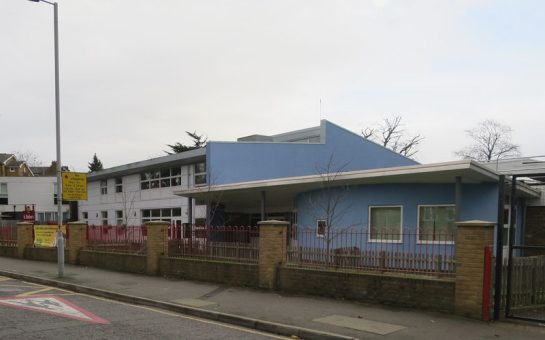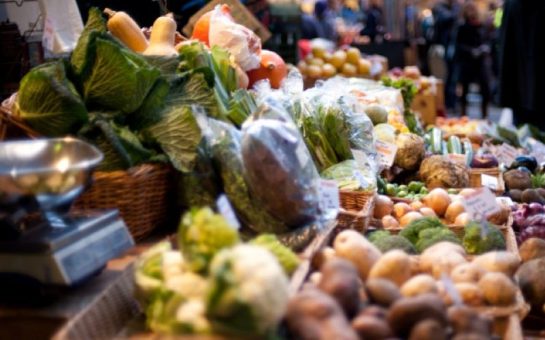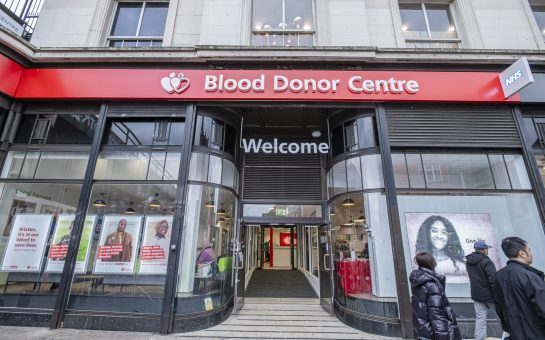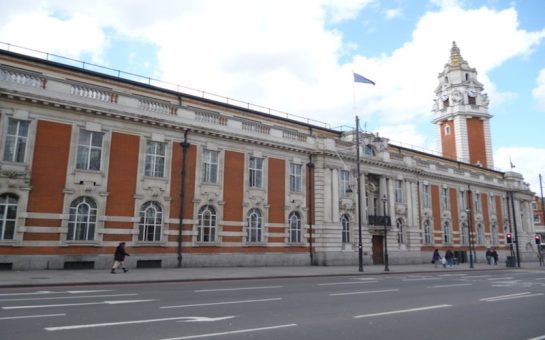The Brixton Liveable Neighbourhood’s interactive website has had more than 500 comments in just one month on how to make Brixton safer and healthier.
The Lambeth Council project, which aims to make Brixton better for walking and cycling while improving air quality, reducing congestion and supporting local business, started asking for ideas in mid-May.
Little Ninja, a London-based organisation that monitors air pollution, said toxic nitrogen dioxide levels on Brixton Road are more than twice the EU limit.
Jemima Hartshorn, who lives in Herne Hill and founded Mums for Lungs, a group of London parents advocating for cleaner air, said: “Much less traffic, safer cycling, and not worrying about your child running into the road and getting run over will make such a big difference.”
Ms Hartshorn, 36, a lawyer and human rights activist, used to live in Brussels where at eight months pregnant she still felt safe cycling.
“Here I’m literally scared. It is just not in the minds of drivers sufficiently,” she said.
A survey of London’s Business Improvement Districts in March 2017 found that over 85% of respondents said a good environment for walking and cycling is important for business.
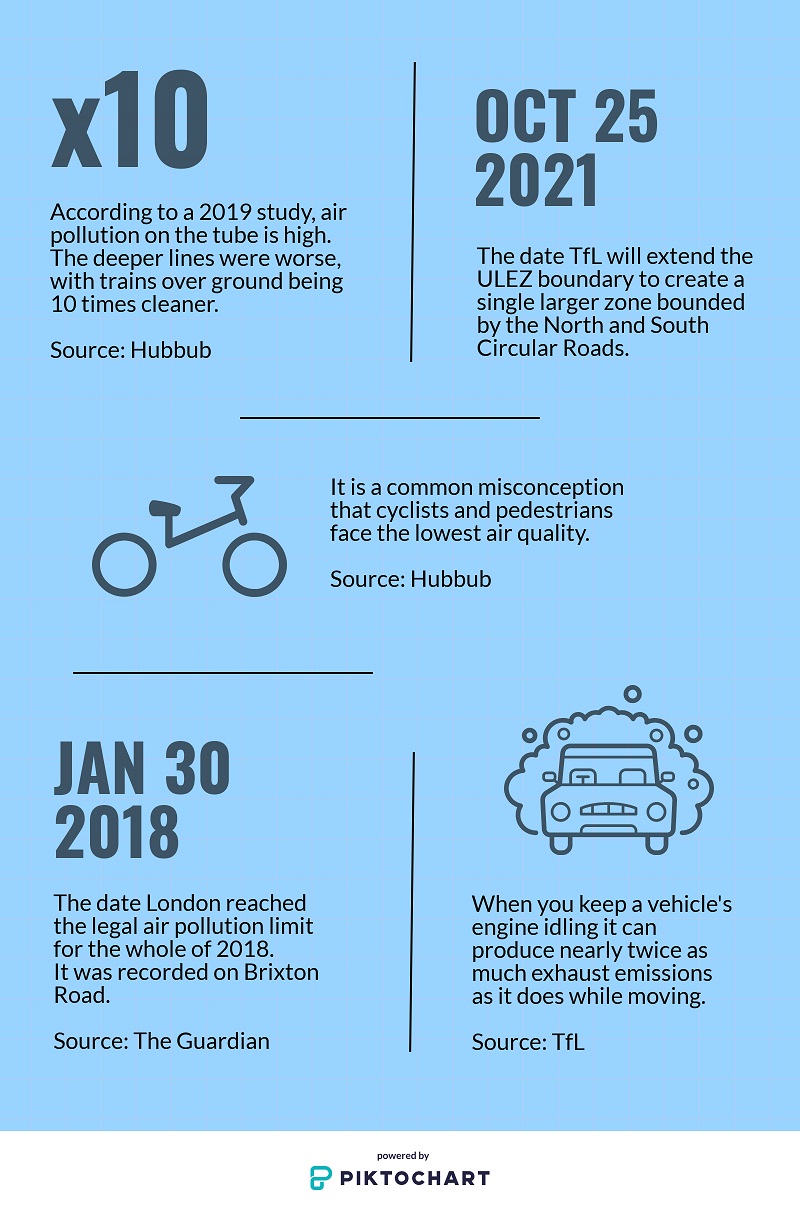
Ms Hartshorn said: “You can barely get through Brixton’s Atlantic Road with a pram. People are crammed on the pavement and it’s not very pleasant to do your shopping along there.”
But the operations director of Brixton Market Traders Federation John Gordon is concerned what impact traffic restrictions will have on Brixton’s community.
Mr Gordon, 65, said Brixton’s community is based on shops used by working people within the Caribbean and African communities who can only shop once a week.
He said they buy things like a bag of rice or a drum of oil that they cannot take on public transport.
“Making parking difficult or impossible in Brixton will force them to shop elsewhere. Shops would go out of business and yuppy businesses would come in.
“They would no longer come into Brixton and the community connections would disappear.”
His idea is to replace Pop Brixton with a multi-story car park for the 21st century with cheaper rates for electric vehicles and charging points.
He said: “But also remember, please, that in 2020 when the Mayor of London extends the pollution zone, the pollution will nigh on disappear in Brixton.
“So you’re going to destroy a whole community that’s been here for 60 plus years for something that’s going to be sorted out within two years anyway.”
James Leay, 33, managing director of Make Shift, which runs Pop Brixton, agrees with Mr Gordon in terms of businesses being able to get in and buy from wholesalers.
Mr Leay said there are lots of ways Pop Brixton benefits the community whether it’s the increased footfall it’s brought to the area or its support for local business.
Make Shift is also trying to support the markets on Brixton Station Road by bringing young people into market trading and showing it’s a viable option for them.
“Obviously my argument would be build the multi-storey park next door, not at Pop,” he said.
Mr Leay said roads like Atlantic Road are probably some of the most polluted in Britain but a lot of the traffic is supporting independent traders unique to London.
He said: “If you want to stop that, you’ve got to provide a viable alternative like a centralised delivery system across Brixton or cheap and nearby parking.
“There’s a carpark at the back of North End Road Market in Fulham that’s 20p an hour! I love it every time I can get a space there.”
Mr Leay said it’s important to have transport for doing big shops and restricting that will only make people go to places like Tesco.
He said you often get the line that people who come by car spend less money than people who come by other means.
“But for me that negates who is buying and I do worry that restricting traffic and parking means certain cultures are excluded from being able to do their shop,” he said.
Lambeth Council was approached for comment.
